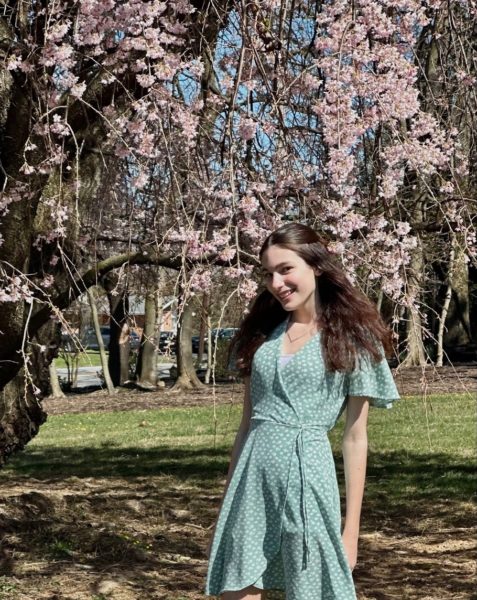Taylor Swift’s Eras Tour has made a tremendous impact on the world. The show tells the story of Swift’s musical career, from writing country music in Nashville, Tennessee in 2006, to eventually switching to the pop mainstream in 2014. Performing for approximately 72,500 fans at a time in stadiums all over the world, Swift takes us through her eras spanning seventeen years in just three hours. After being unable to tour for some years due to the pandemic, she “comes back stronger than a 90’s trend,” as Swift sings in her fan-favorite song “Willow,” stimulating fans across the globe to buy tickets.
The Eras Tour brings together thousands of people with shared interests and passions to sing as a community. As Jews, we can relate to this a lot. On Shabbat, our community joins together to sing zmirot. Taylor’s concerts have an ambiance of companionship and community, and many have made friends from the shows, similar to going to a Shabbat meal, a place of unity and friendship. Attendees of the concerts often make friendship bracelets to trade with others at the stadium, complimenting each other’s outfits and bonding over the music they cherish so much. Taylor even added more dates to her tour, after she realized that observant Jewish Swifties could not attend the shows on Friday nights and Saturdays (i24news).
One of the central themes of the Eras Tour is the quest for unity. The tour resulted in connecting individuals from diverse backgrounds through the universal language of music. Judaism, similarly, emphasizes the interconnectedness of all individuals and communities. In Jewish teachings, spirituality is woven into the fabric of daily life, encouraging a sense of unity and collective responsibility. This concept of “Tikkun Olam,” or repairing the world, encourages individuals to engage in actions that contribute positively to society, aligning with the goal of unity and spirituality promoted by Taylor and her Eras Tour.







